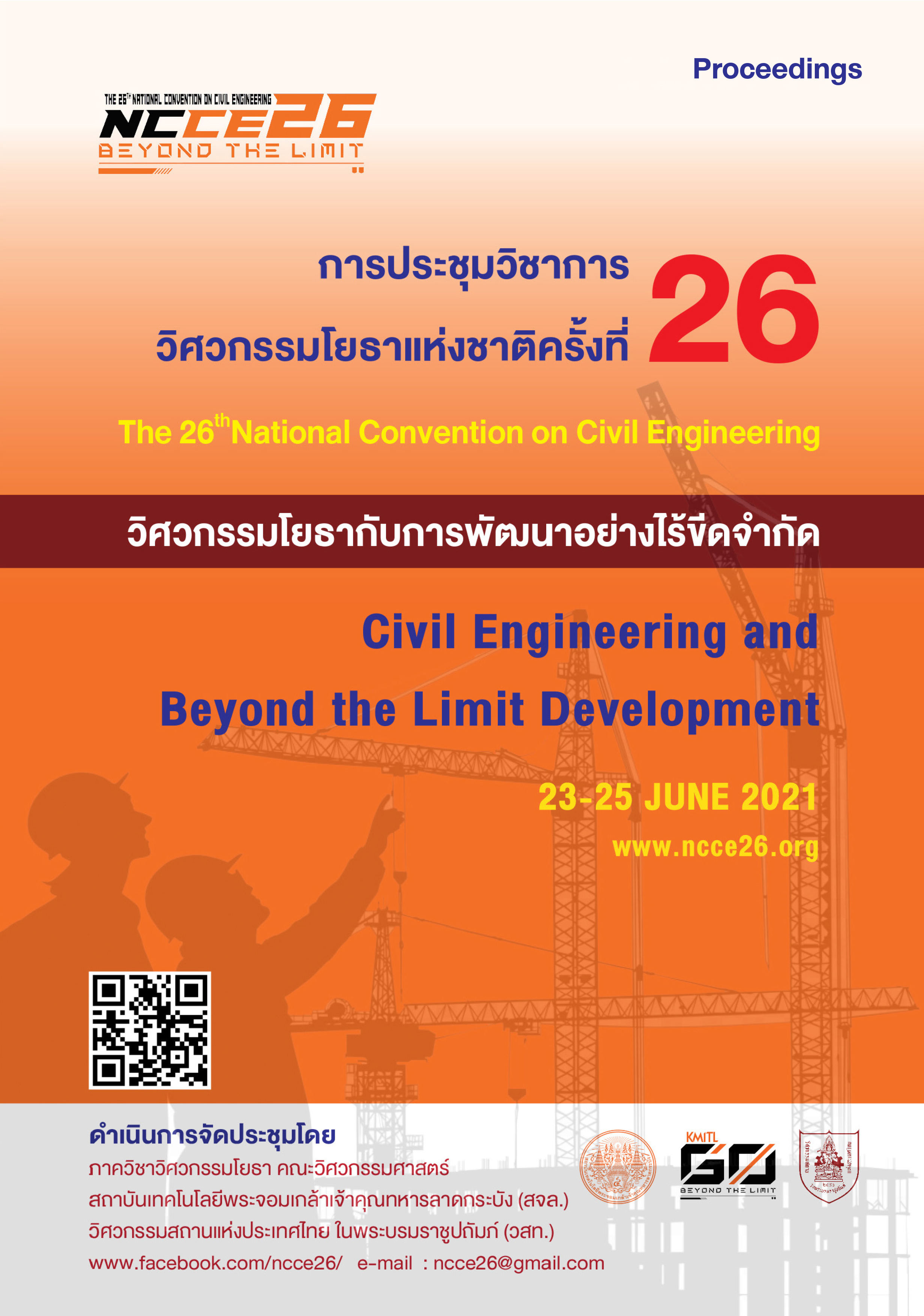Optimizing Construction Schedule for Controlling Activities based on Concentration of PM 2.5
Keywords:
PM2.5, Construction schedule, Project improvementAbstract
Air pollution is a condition the air is adulterated with contaminants more highly than usual, which dust is the most found air pollution. Building construction is considered a part of dust generation which negatively causes health and sanitation of labors working in the site, including general atmosphere around the site. This research was conducted by presenting the guidelines for finding the appropriate value of the construction schedule in order to control activities concerning the building construction originating the dust in the air at the site. The research was studied regarding measurement and analysis of dust particles being smaller than 2.5 microns (PM2.5) caused by the construction activities, studied regarding analysis of the construction schedule to be balanced with the management of dust problems arising from the construction activities by analyzing both critical path method and bar chart in order for schedule management, and even studied and analyzed regarding the project resource leveling to remove or improve activities from planned activities to be carried out on a regular basis and to calculate construction costs from project crashing in order to analyze costs from program adjustments to minimize the cost of project improvement and project crashing so that the findings were able to be a guideline of planning schedules used for controlling the amount of generated dust most equally.
Downloads
Downloads
Published
How to Cite
Issue
Section
Categories
License
บทความทั้งหมดที่ได้รับการคัดเลือกให้นำเสนอผลงานในการประชุมวิชาการวิศวกรรมโยธาแห่งชาติ ครั้งที่ 26 นี้ เป็นลิขสิทธิ์ของ วิศวกรรมสถานแห่งประเทศไทย ในพระบรมราชูปถัมภ์



